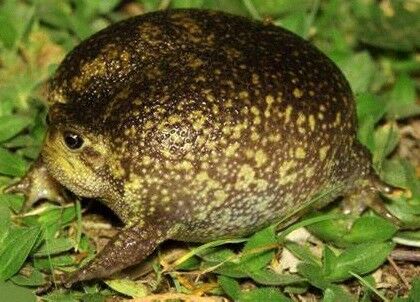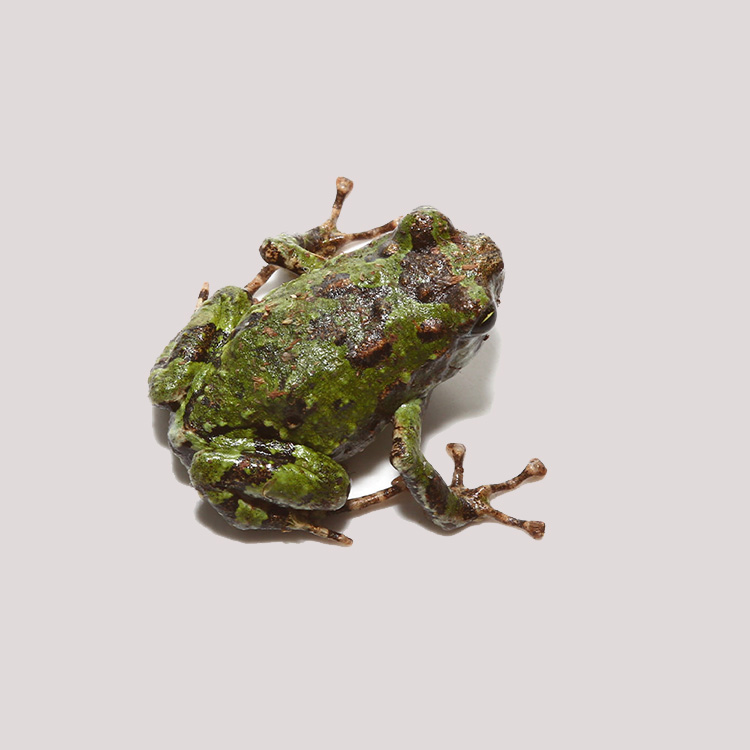Check Out Rain Frog for Sale: Raise Your Animal Game with a Distinct Amphibian Good Friend!
Check Out Rain Frog for Sale: Raise Your Animal Game with a Distinct Amphibian Good Friend!
Blog Article
Common Health Issues in Reptiles: Symptoms and Solutions
In the elaborate globe of reptile treatment, understanding the usual health and wellness issues that might impact these unique animals is critical in guaranteeing their wellness. Whether it's grappling with parasitical invasions, browsing dehydration issues, or addressing skin conditions that manifest in subtle means, being attuned to the symptoms and outfitted with the knowledge of reliable solutions is essential for any kind of reptile owner.
Respiratory Infections
Breathing infections in reptiles can significantly affect their general wellness and require prompt attention from knowledgeable vets. These infections are commonly triggered by bacteria, viruses, or fungi and can show up with signs such as hissing, nasal discharge, open-mouth breathing, and sleepiness. In reptiles, breathing infections can be specifically testing to detect and deal with as a result of their one-of-a-kind makeup and physiology. Vets frequently rely on a combination of checkups, diagnostic imaging, and laboratory tests to accurately identify the underlying root cause of the infection.
Therapy for breathing infections in reptiles commonly includes a combination of supportive treatment, such as maintaining correct moisture levels and temperature level gradients in the enclosure, along with targeted drug to deal with the particular virus liable for the infection. It is important for reptile owners to check their animals closely for any kind of signs of respiratory system distress and look for vet treatment at the earliest sign of a problem. With timely treatment and appropriate therapy, numerous reptiles can recoup completely from respiratory system infections and resume regular activities.

Metabolic Bone Illness
What variables add to the growth of Metabolic Bone Condition in reptiles?
Metabolic Bone Illness (MBD) in reptiles is largely triggered by an absence of appropriate calcium, phosphorus, and vitamin D3 degrees in their diet plan. When reptiles do not get ample calcium, either through their food or appropriate UVB direct exposure for vitamin D3 synthesis, they are at a high risk of establishing MBD. Reptiles with diet regimens low in calcium or unbalanced calcium to phosphorus proportions are particularly vulnerable. Furthermore, poor direct exposure to UVB light protects against reptiles from manufacturing vitamin D3, which is important for calcium absorption and bone wellness.
Inadequate humidity degrees can also influence a reptile's capability to metabolize calcium effectively. Normal veterinary exams, appropriate husbandry practices, and a well balanced diet plan are important to prevent Metabolic Bone Condition in reptiles.
Parasitic Problems
Parasitical invasions pose a substantial health and wellness risk to reptiles, influencing their general health and needing punctual veterinary focus. Reptiles can be affected by numerous parasites, consisting of termites, ticks, internal worms, and protozoa. These bloodsuckers can create a series of symptoms, such as weight loss, sleepiness, skin irritation, looseness of the bowels, and also death if left unattended.
One typical parasite found in reptiles is the mite, which can create skin stress, anemia, and irritation. Ticks are an additional outside parasite that can cause and transmit diseases discomfort to the reptile. Interior bloodsuckers like worms and protozoa can bring about gastrointestinal problems, lack of nutrition, and weaken the reptile's immune system.
To identify a parasitical invasion, a vet may perform fecal tests, skin scrapings, or blood tests. Treatment typically includes deworming medicines, antiparasitic baths, or in serious situations, hospitalization. Preventative steps such as routine veterinary examinations, appropriate hygiene, and quarantine procedures for new reptiles can help minimize the threat of parasitical problems and make certain the health of reptile pet dogs.
Dehydration and Hydration Issues
Dehydration in reptiles can significantly impact their wellness and health, necessitating timely treatment and ideal hydration monitoring. Reptiles are vulnerable to dehydration because of different elements such as inadequate water consumption, high ecological temperatures, and certain wellness problems. Symptoms of dehydration in reptiles consist of sunken eyes, sleepiness, loss of skin elasticity, and lowered peeing. If left unattended, dehydration can cause major health concerns and even be fatal to the reptile.
To protect against dehydration, reptile proprietors should make certain that their animals have accessibility to clean water in all times. The water meal should be huge enough for the reptile to take in if needed, specifically for varieties that absorb water via their skin. In addition, maintaining correct humidity degrees in the reptile's room and providing regular bathrooms can assist avoid dehydration.
In instances of dehydration, it is essential to look for veterinary treatment promptly. A vet may carry out fluids either by mouth or via injections to rehydrate the reptile. It is vital to resolve the underlying cause of dehydration to prevent reoccurrence and make sure the reptile's general health.
Skin Disorders

Conclusion

Respiratory infections in reptiles can significantly affect their overall wellness and require punctual attention from seasoned veterinarians (rain frog for sale). Preventative measures such as routine vet exams, proper health, and quarantine procedures for brand-new reptiles can help decrease the risk of parasitical infestations and make sure the well-being of reptile family pets
If left neglected, dehydration can lead to significant health concerns and even be fatal to the reptile.
Routinely evaluating your reptile for any modifications in skin texture, color, or look can help in very early detection and treatment of skin conditions, advertising the overall health and wellness and wellness of your flaky companion. - rain frog for sale
In final thought, reptiles are vulnerable to numerous health problems such as respiratory system infections, metabolic bone condition, parasitic invasions, dehydration, and have a peek at these guys skin conditions.
Report this page